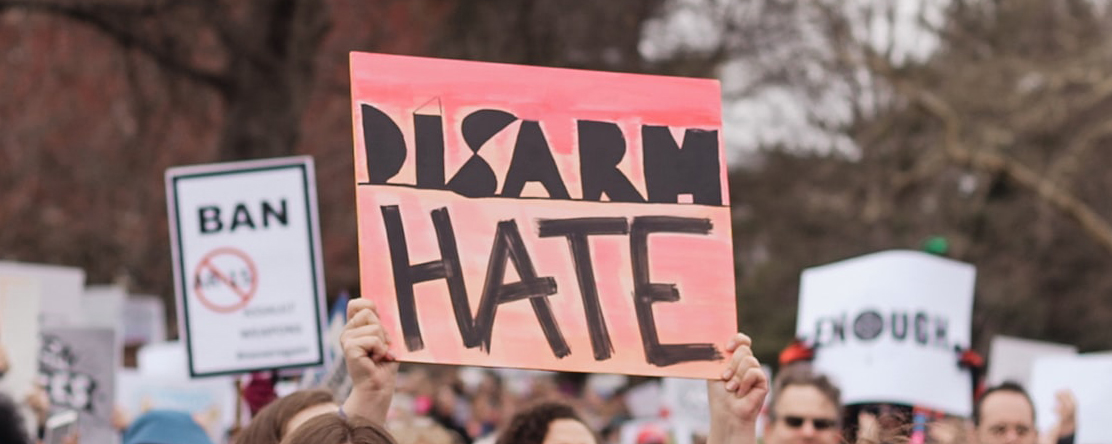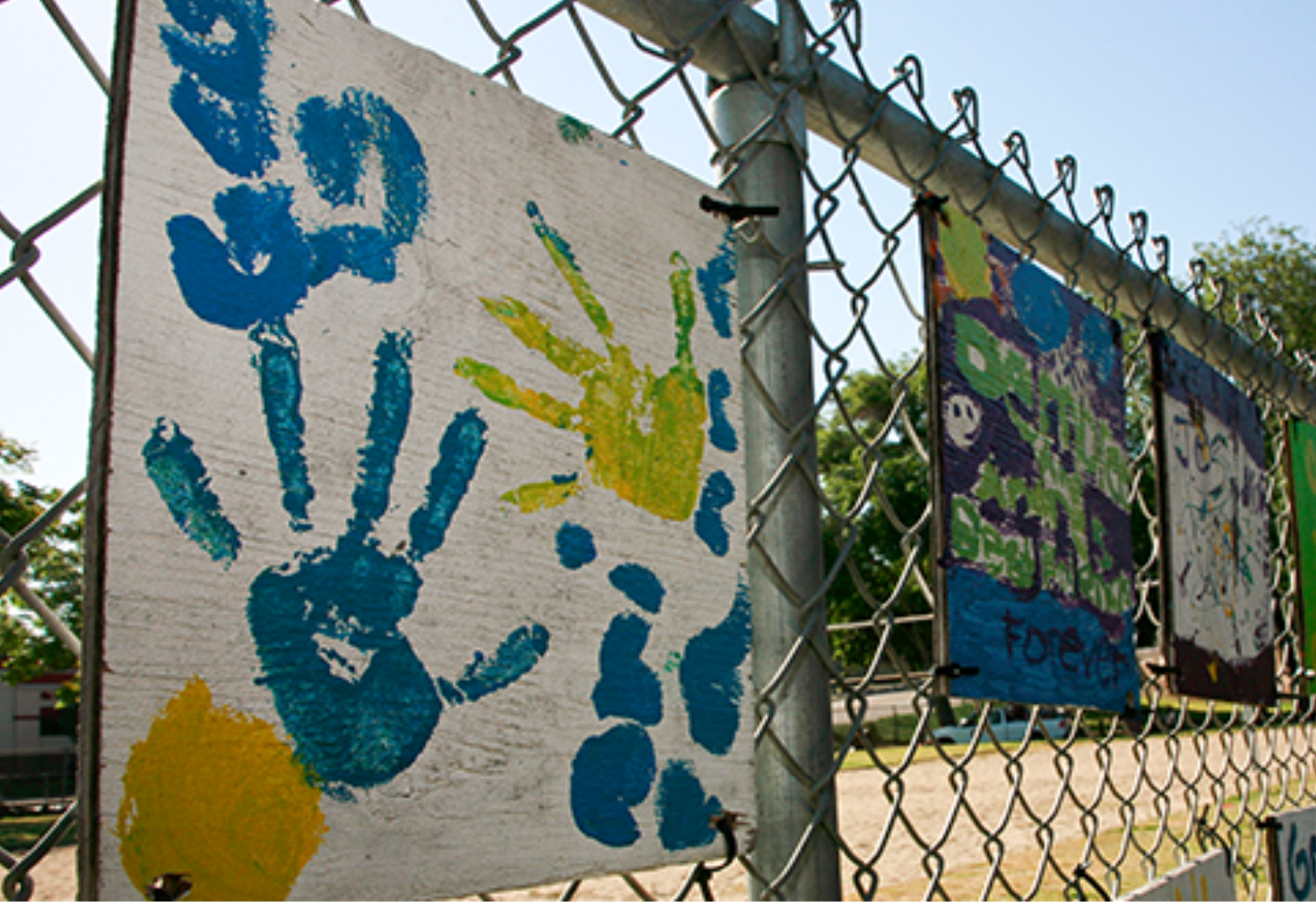
Statement
“Failure to act is fast becoming complicity”: PHI Statement on White Nationalism, Gun Violence

STATEMENT FROM MARY A. PITTMAN, CEO AND PRESIDENT, PUBLIC HEALTH INSTITUTE
“As we mourn the acts of domestic terror that have shaken the country in the last few weeks, the Public Health Institute feels deep despair—not just for the tragic loss of so many lives, but for where our country stands today.
“In order to understand and address this kind of violence, we must acknowledge both the how and the why of these attacks. First the how: from an evidence-based, public health perspective, there is no question that access to guns increases gun violence. Decreasing access to guns is the best method for decreasing mass shootings and gun violence—including the lives lost due to gun violence in our cities every day that rarely make headlines. The Public Health Institute has repeatedly called for stronger measures to address the epidemic of gun violence and its root causes; our leaders’ failure to act is fast becoming complicity.
“We also must confront the why. White supremacist and racist rhetoric, by its nature, dehumanizes and vilifies whole communities. Our country is being torn apart by words that divide us—whether in legislation we pass to limit the rights of some to benefit others, or by words in the tweets and speeches of politicians and others in positions of authority that demonize individuals, stoke fear, and fuel hatred and violence directed against our most vulnerable communities. According to the FBI, ideologically motivated murders by white supremacists increased in 2018 to 17, from 13 in 2017. Over 250 people were killed or harmed in mass shootings in the first 8 months of 2019 alone. We must call it what it is—white-nationalism-fueled violence and domestic terrorism—and take all measures necessary to address it, including gun control starting with a ban on assault weapons.
“Our democracy and all our lives depend upon us to voice our opinion and use our words—not to destroy but to heal and lift up the good that exists in all people. We all have a responsibility to love and protect our neighbors, and to stand together against the systems, the individuals and the platforms that seek to ‘other’ and dehumanize some of us. Those of us working in public health must be leaders in efforts to achieve national reconciliation. How we as public health providers step forward at this time of societal crisis is of critical importance if we are to do our part in improving the health and well-being of all persons in our society.”
More Updates
Work With Us
You change the world. We do the rest. Explore fiscal sponsorship at PHI.
Support Us
Together, we can accelerate our response to public health’s most critical issues.
Find Employment
Begin your career at the Public Health Institute.



